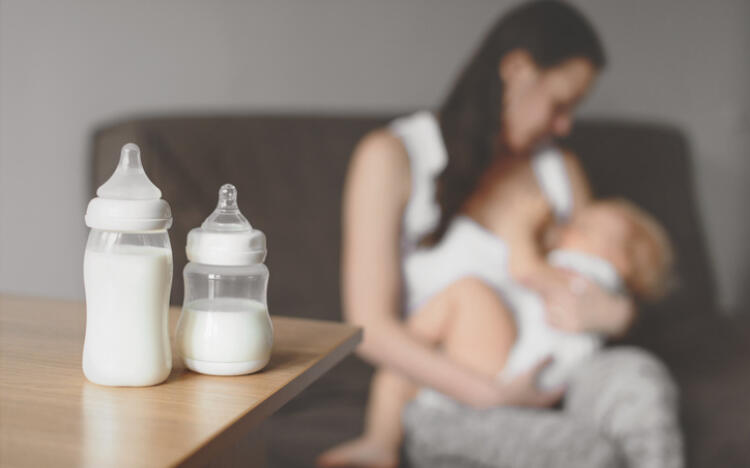Taking medicines when breastfeeding
When you are breastfeeding, medicines you take may pass into your breastmilk. Deciding to use any medicine involves weighing up the potential benefits and risks.

Keep track of medicines and access important health info any time and anywhere, especially in emergencies.
When you are breastfeeding, medicines you take may pass into your breastmilk. Deciding to use any medicine involves weighing up the potential benefits and risks.